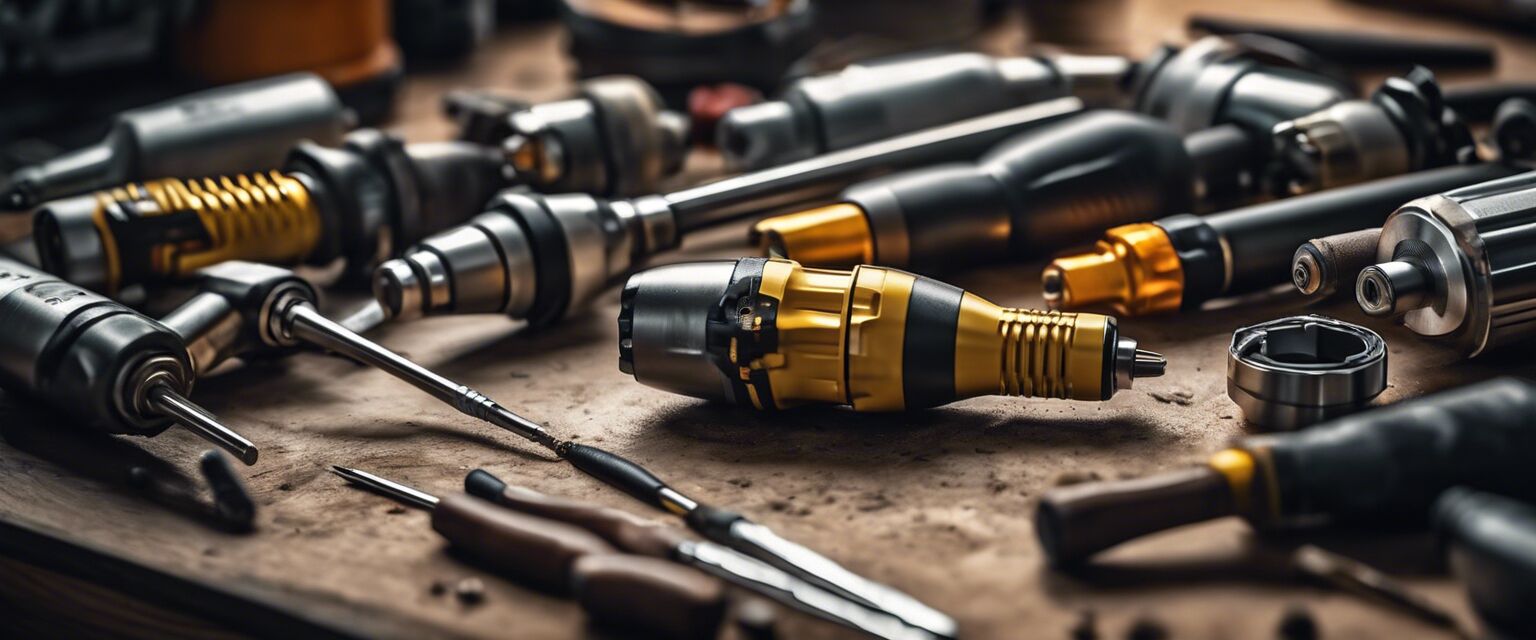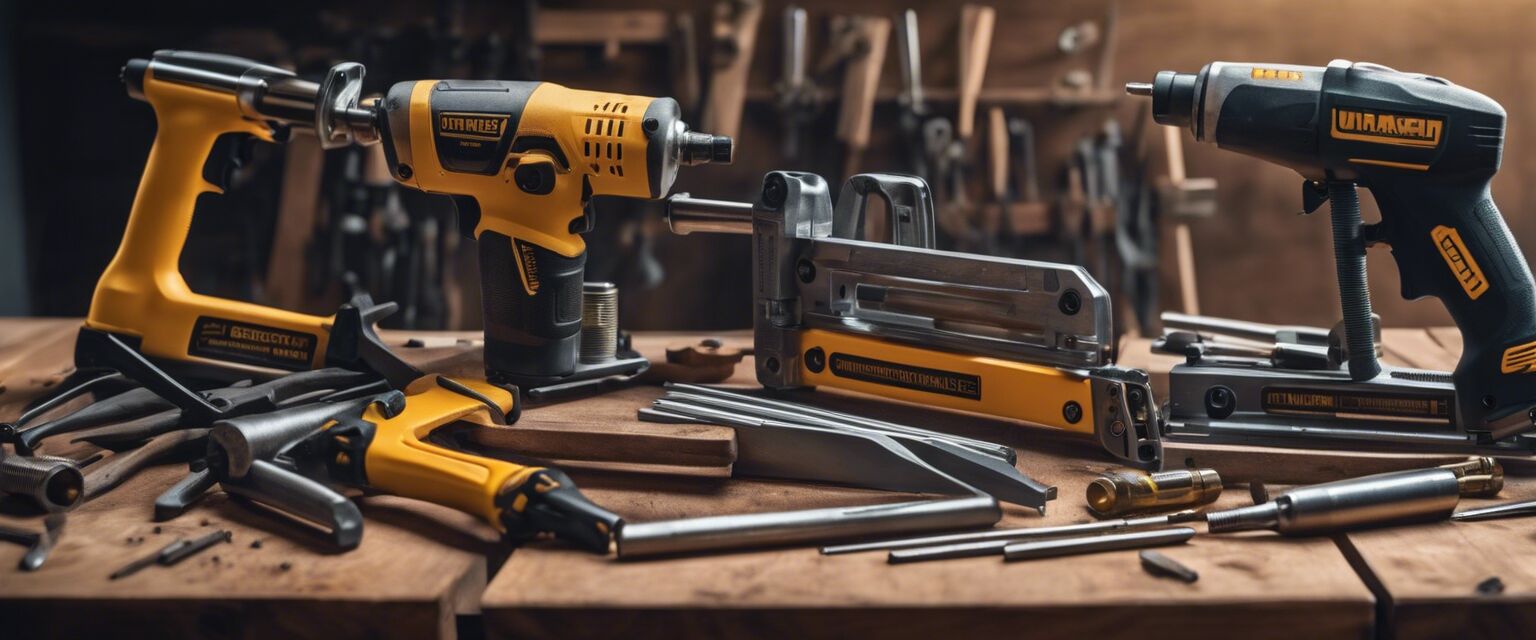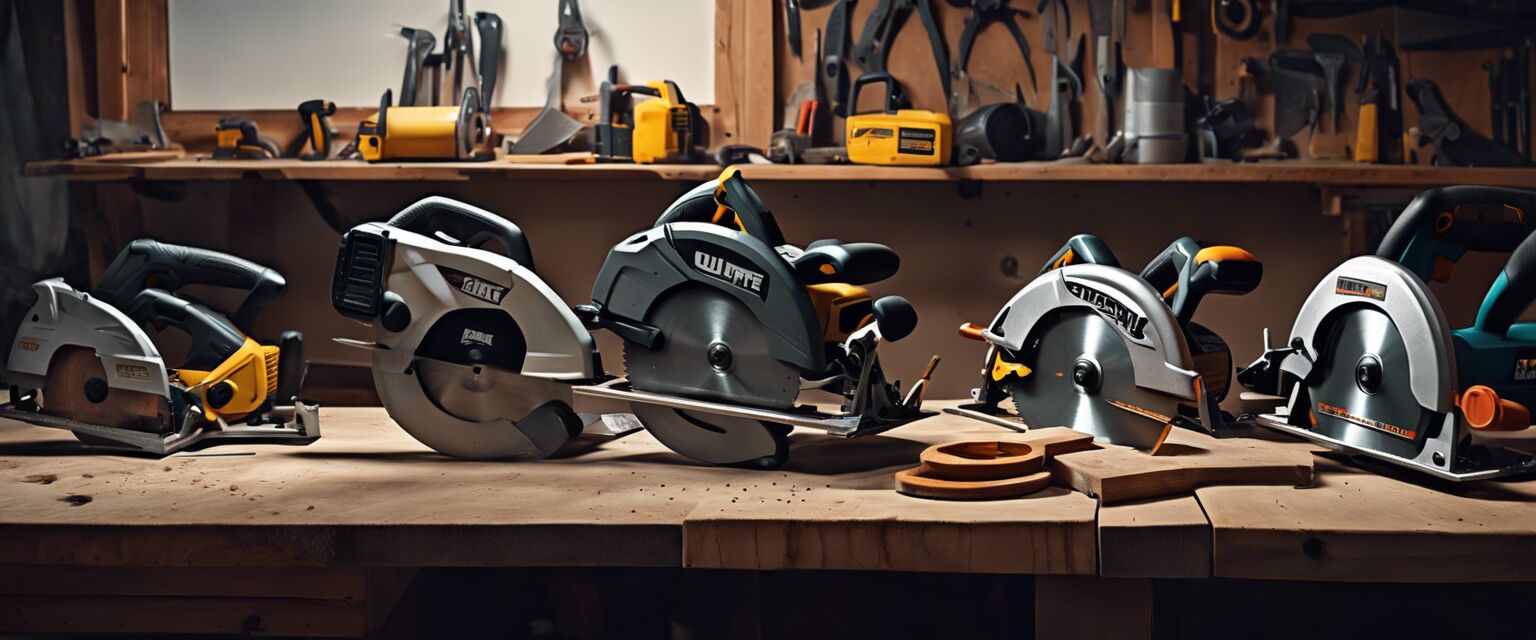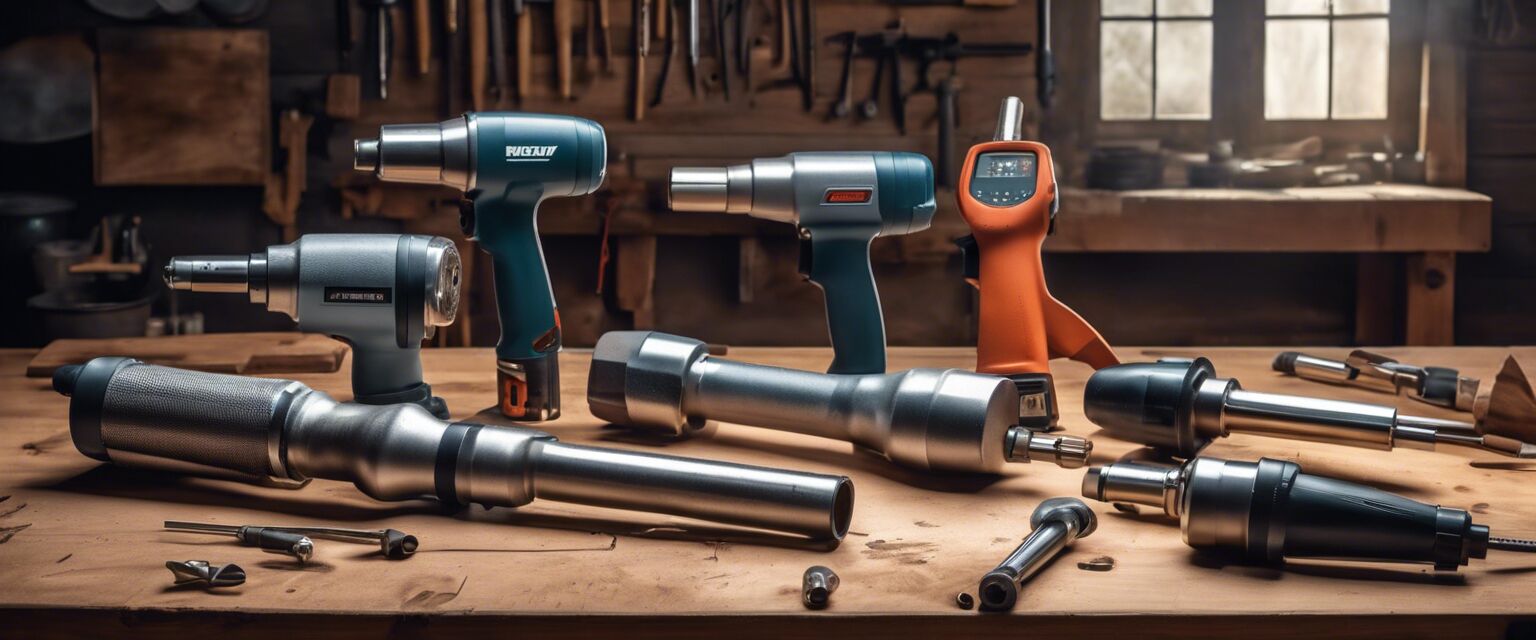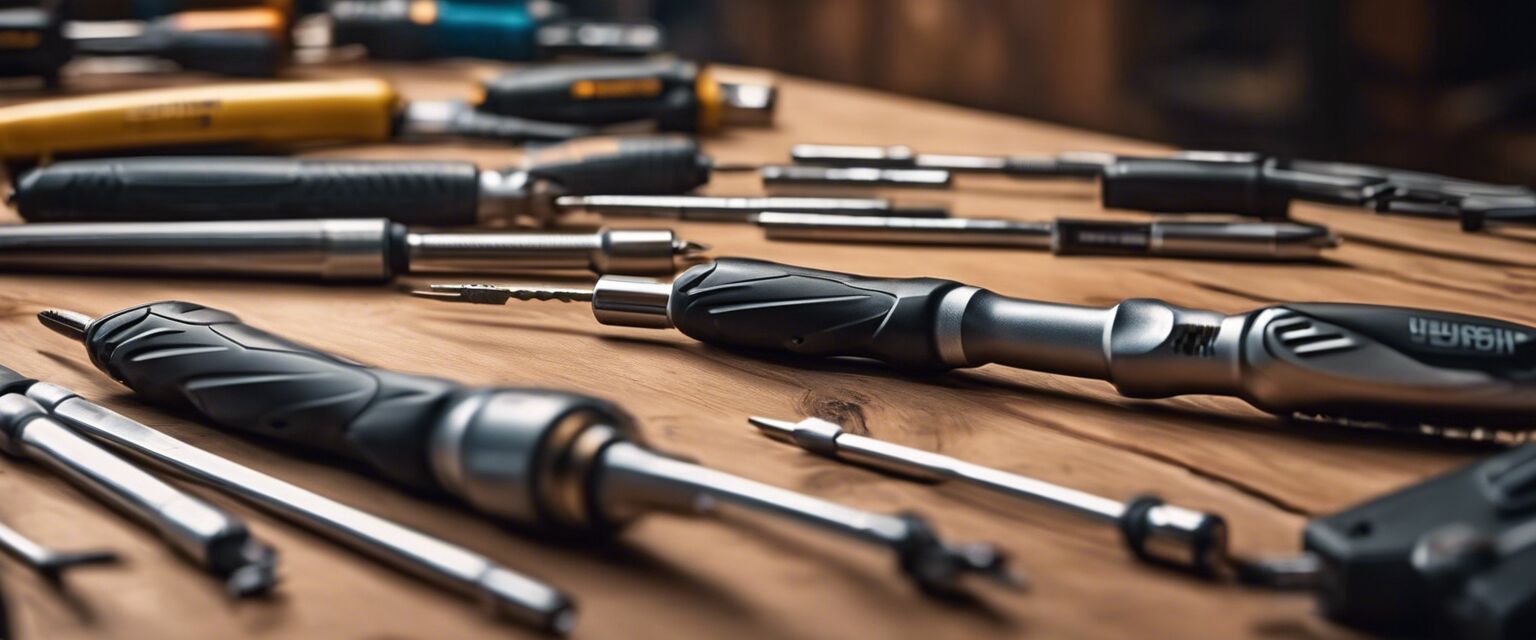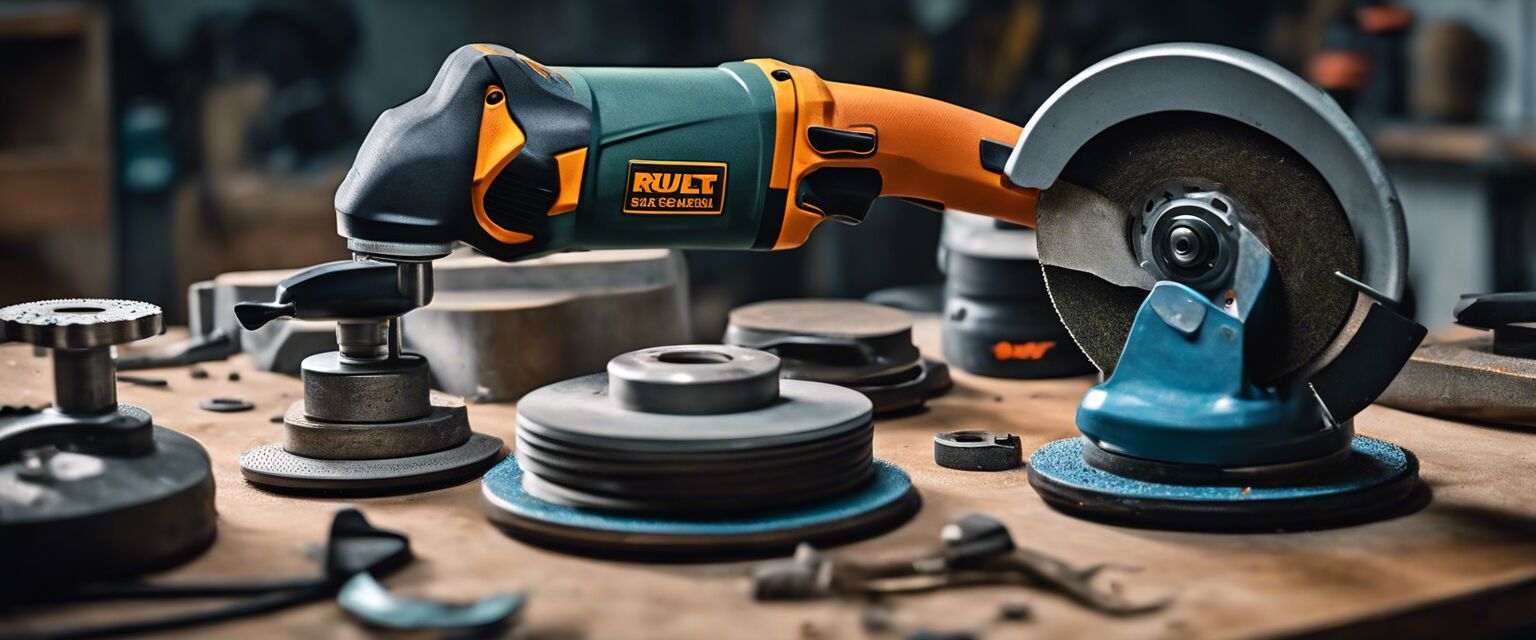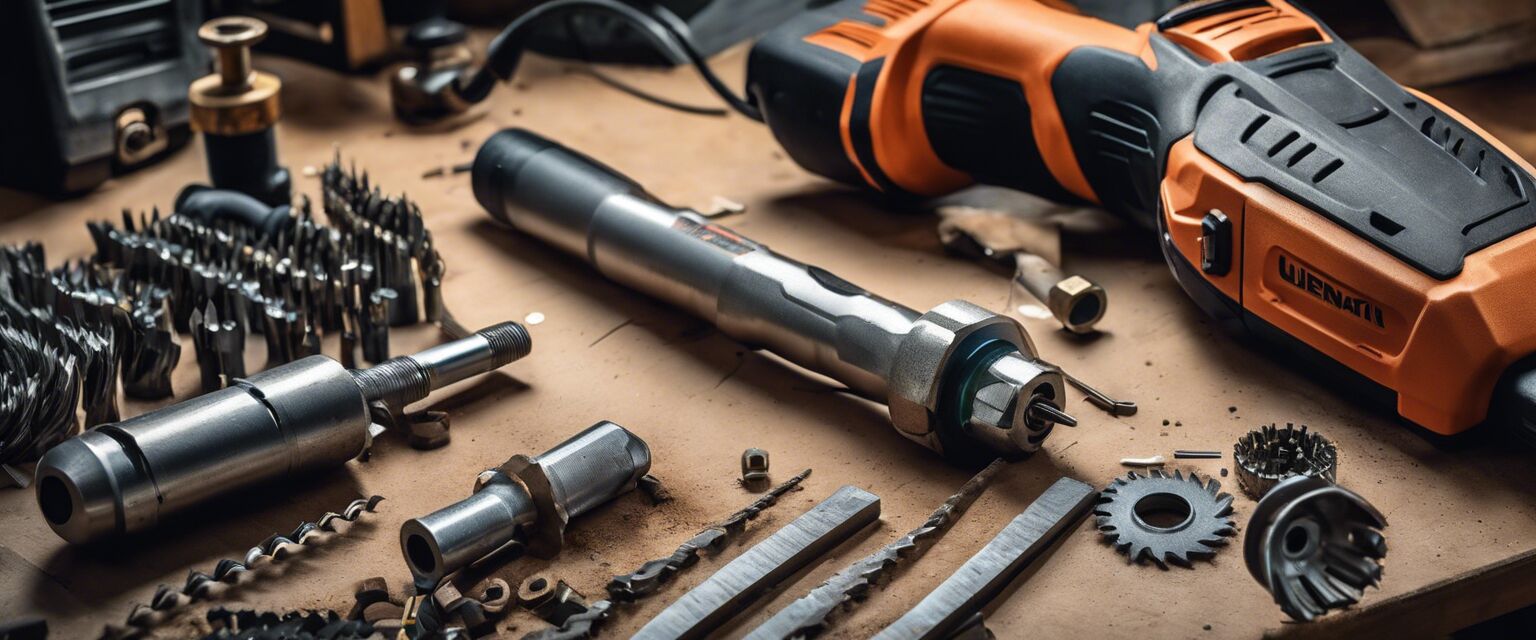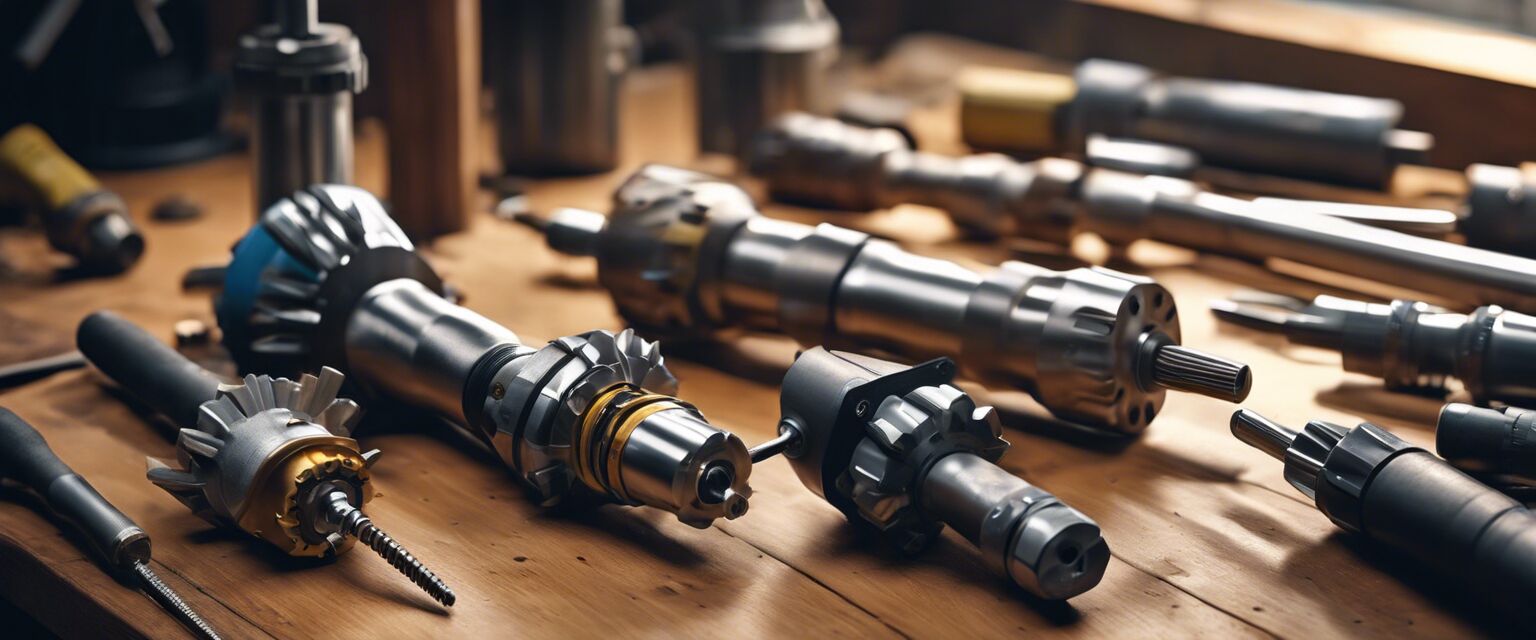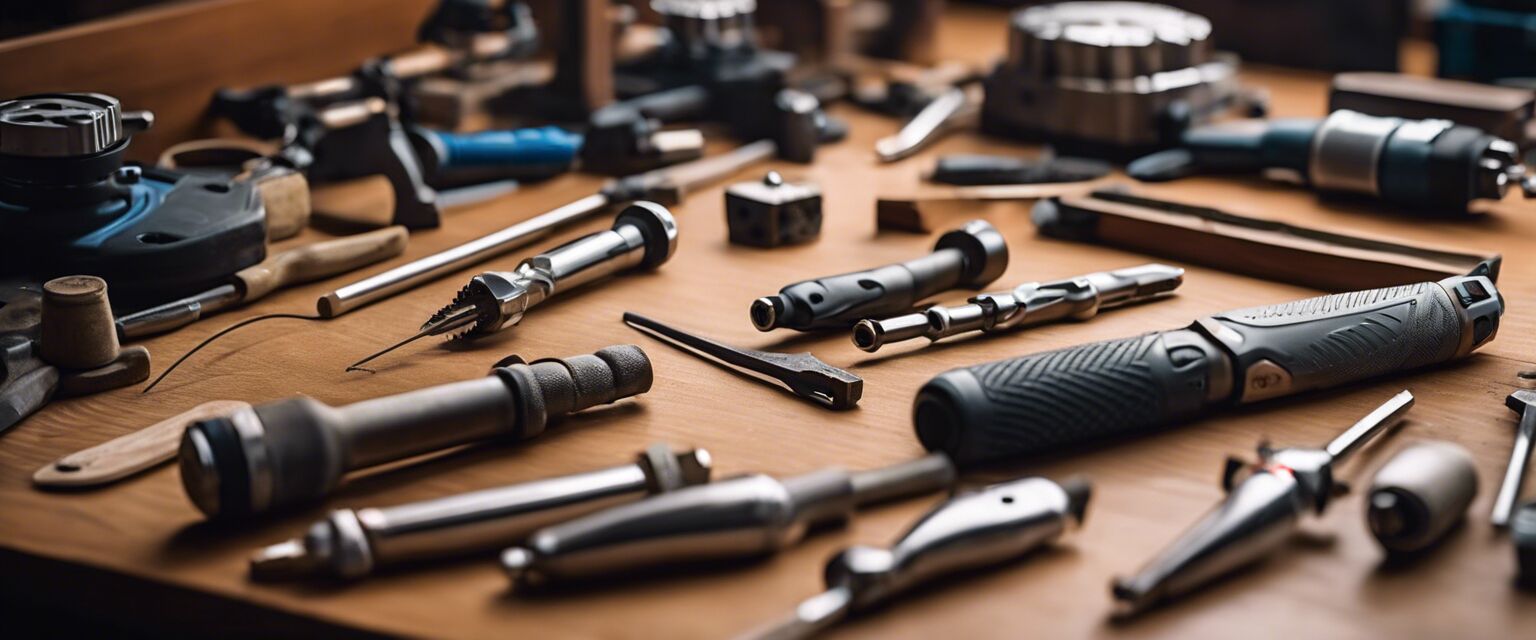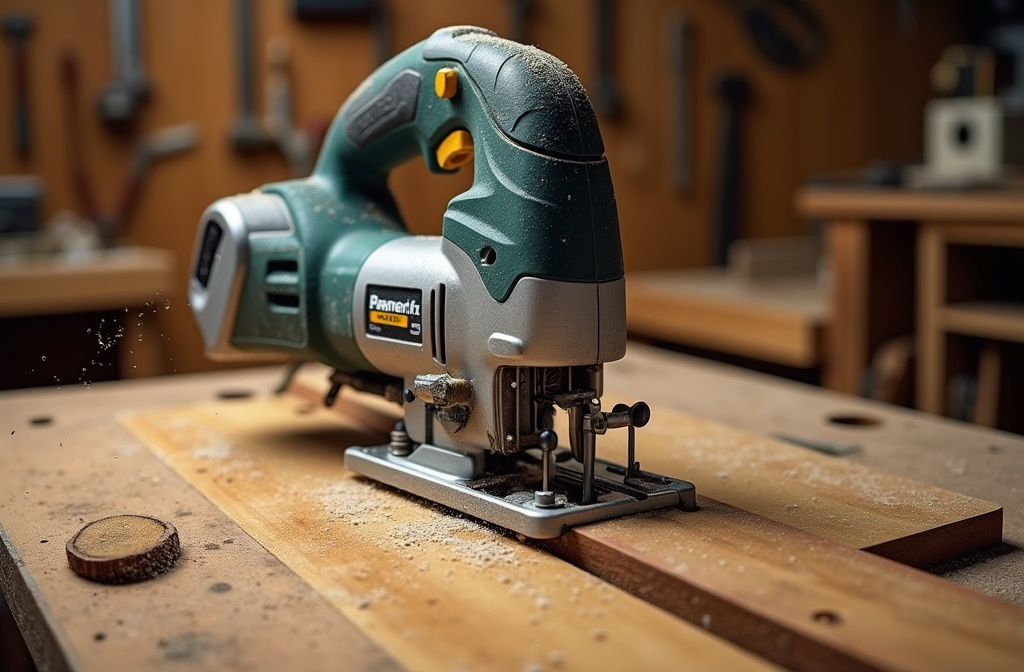
Jigsaws: Evaluations and comparisons of the best jigsaws for intricate cutting
Key Takeaways
- Jigsaws are versatile tools ideal for intricate cutting tasks.
- Look for features like variable speed settings and orbital action for better control.
- Weight and grip design affect maneuverability and comfort during use.
- Consider the type of blade and its compatibility with different materials.
- Always prioritize safety features such as blade guards and electronic brakes.
Jigsaws are essential tools for contractors and DIY enthusiasts who require precision in their cutting tasks. Whether it's cutting curves in wood, plastic, or metal, these portable devices can handle a variety of materials with ease. In this comprehensive guide, we will evaluate and compare some of the best jigsaws available, highlighting their features, pros, and cons.
What is a jigsaw?
A jigsaw is a power tool that uses a reciprocating saw blade to cut intricate shapes and curves in various materials. They are particularly useful for detailed work and can be employed in woodworking, metalworking, and even crafting. The key to a jigsaw's functionality lies in its blade, which can be changed based on the material being cut.
Features to consider when choosing a jigsaw
- Blade Type: Different blades are designed for specific materials. Ensure compatibility with your projects.
- Variable Speed Control: This allows for more control over the cutting speed based on the material.
- Orbital Action: This feature helps in making faster cuts and is ideal for rough cuts.
- Weight and Design: A lightweight design with a comfortable grip is essential for prolonged use.
- Safety Features: Look for blade guards and electronic brakes for increased safety.
Comparison of popular jigsaws
| Model | Variable Speed | Orbital Action | Weight | Price Range |
|---|---|---|---|---|
| Model A | Yes | Yes | 5.5 lbs | $70 - $90 |
| Model B | Yes | No | 4.2 lbs | $50 - $70 |
| Model C | No | Yes | 6.0 lbs | $80 - $100 |
| Model D | Yes | Yes | 5.0 lbs | $60 - $80 |
Pros and Cons of jigsaws
Pros
- Highly versatile for different cutting tasks
- Compact and portable design
- Ability to make intricate cuts with precision
- Interchangeable blades for various materials
Cons
- Not ideal for thick materials
- Can be less stable compared to other saw types
- Requires practice to master intricate cuts
Popular jigsaw brands
Several brands stand out in the jigsaw market due to their reputation for quality and performance. Hereâs a brief overview:
- DeWALT: Known for durability and powerful motors, ideal for contractors.
- Bosch: Offers precise cutting and innovative features.
- Makita: Renowned for lightweight designs and excellent ergonomics.
- Black+Decker: Great for DIY enthusiasts looking for budget-friendly options.
- Ryobi: Offers solid performance at competitive prices.
Maintenance tips for jigsaws
Beginners Section: Maintenance Tips
- Keep the blade clean and free from debris.
- Regularly check and tighten the blade to prevent wobbling.
- Store the jigsaw in a dry place to avoid rust.
- Inspect the power cord for damage and replace if necessary.
- Lubricate moving parts as per the manufacturer's instructions.
Conclusion
Choosing the right jigsaw can elevate your woodworking projects and ensure precision in your cuts. Whether you're a contractor or a DIY enthusiast, understanding the features, pros, and cons will help you make an informed decision. For more insights into power tools, check out our other categories like Angle Grinders, Cordless Drills, and Impact Wrenches.
Further Reading
For additional information on other essential tools, feel free to explore:



